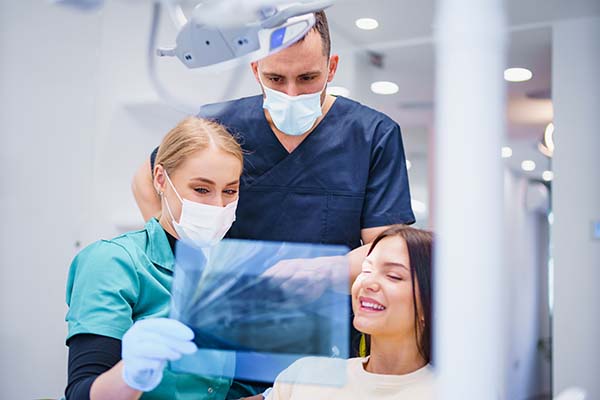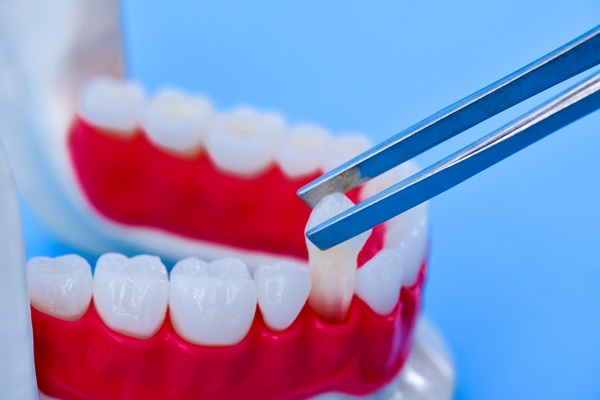Facial Surgery Recovery: Tips From an Oral Surgeon

A facial surgeon can correct problems with wisdom teeth and jawbones. This dental professional has a high level of training and experience to perform complicated surgeries to restructure the entire mouth. Knowing how you can recover well from such a procedure can prevent complications later on. Here are some tips that a facial surgeon can share about facial surgery recovery.
Take the prescribed medications according to the instructions
The patient must take antibiotics before and after the procedure. Doing so can reduce or remove the risk of infections. Continue to take these antibiotics throughout the prescribed period. These medications can make one’s recovery quicker and easier. There are also over-the-counter pain relievers for managing pain and discomfort if the facial surgeon does not prescribe them.
Practice mindful cleaning
After the procedure, the facial surgeon will tell the patient how to brush. The mouth may still be sensitive for regular oral care practices. The surgeon will remind the patient of the tender areas. Cleaning the neighboring teeth and gums must continue. A saltwater rinse can keep infections at bay and reduce pain and swelling.
Rest for an entire day
Take a day off from school or work after the facial surgery. The facial surgeon will use a sedative on the patient. This medication will make the individual sleepy before, during, and after the procedure. Driving or doing anything that needs focus is not an option.
Someone must drive the patient home and help the patient around the house until the sedative fades. Avoiding strenuous activities is ideal. Lifting, bending, or running can dislodge blood clots. This can then cause bleeding. Elevating the head by placing extra pillows under the head can help reduce or even stop the bleeding.
Apply some ice
The facial surgeon will warn the patient about facial swelling after the surgery. This is a normal tissue reaction after surgical manipulation. Managing this is possible by applying ice packs for the first day. Do this for 30 minutes and then remove it for about 15 minutes. Repeat this treatment many times a day for two to three days. Call the facial surgeon if there is pus formation or if the patient develops a fever.
Choose proper foods and drinks
Refrain from eating or drinking until the anesthetic fades. This will prevent accidental bite injuries to the soft tissues of the mouth. Avoiding hard, spicy, and hot foods or drinks is also necessary. Doing so can prevent any irritation to the surgical site. Soft and cool foods like yogurt or instant oatmeal are good choices.
Stop smoking or drinking alcoholic beverages
Studies show that tobacco and alcoholic beverages impair the body’s ability to oxygenate and circulate blood. This slows down the rate at which the body heals. The facial surgeon will recommend stopping these habits months before and after the procedure. Quitting them can help heal the treated areas.
A facial surgeon can help you recover better with the mentioned tips
Problems in your teeth or jaw may need the help of a facial surgeon. Going through corrective procedures is a big decision. Manipulating soft tissue and bone will need significant healing. Working with your facial surgeon can speed up your recovery. It may also lead to your procedure’s possible success.
Request an appointment here: https://spectrumsurgical.net or call Facial Spectrum at (816) 524-4334 for an appointment in our Lee's Summit office.
Check out what others are saying about our services on Yelp: Facial Surgeon in Lee's Summit, MO.
Recent Posts
A dental implant is considered the gold standard of dental restorations. Titanium rods act as dental roots that stimulate the jawbone. The artificial crowns replace the missing ones above the gumline. These restorations are what you need to have stable, natural-looking teeth again. Here are the details about the role of a dental implant in…
A dental implant is considered the gold standard of dental restorations. Titanium rods act as dental roots that stimulate the jawbone. The artificial crowns replace the missing ones above the gumline. These restorations are what you need to have stable, natural-looking teeth again. Here are the details about the role of a dental implant in…
A regular dentist can refer you to an oral surgeon if you need more dental care. This type of surgeon can perform procedures that can improve the face, mouth, or neck. Understanding the reasons for a referral to this provider can help you prepare for your procedure. Here are the reasons your dentist will refer…
A sinus lift or sinus augmentation can build up your upper jaw. This procedure is invasive. The dentist will take healthy bone and place it in the section of the maxilla that needs it. Here are the sinus lift benefits that you must consider.Studies show that a thinning upper jawbone can result in the weakening…

